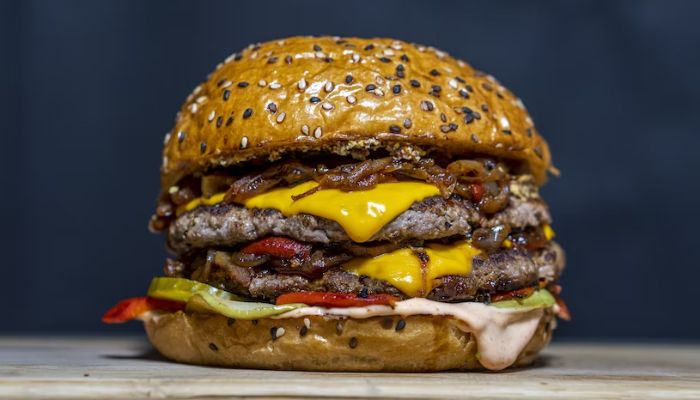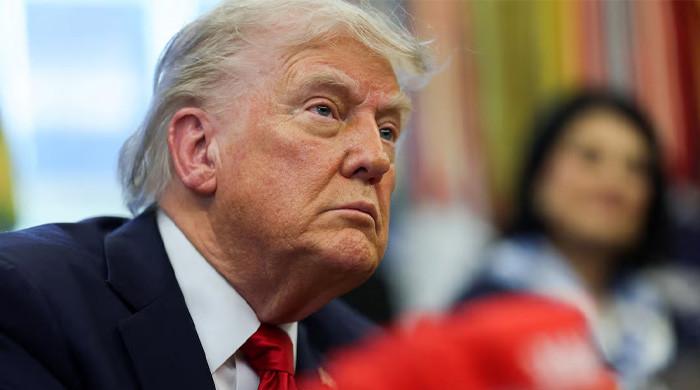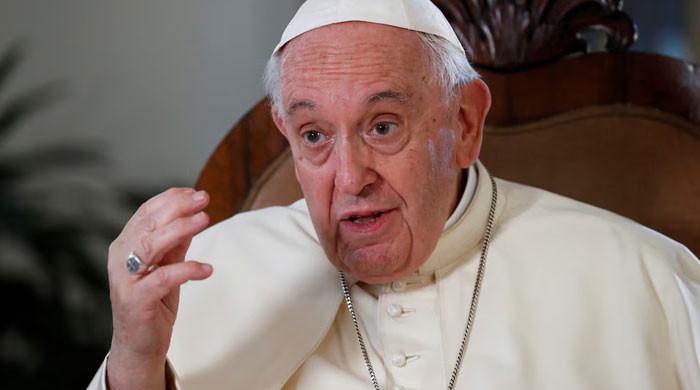Dutch city to ban meat ads due to its impact on climate
Move was approved by city council in November but went unnoticed until last week when councillor officially notified advertising agencies
September 07, 2022

- Dutch city of Haarlem is set to become first to ban advertisements for meat.
- Move was approved by city council in November but went unnoticed.
- Ban has been criticised by Dutch meat industry and some political parties.
The Dutch city of Haarlem is set to become the first in the world to ban advertisements for most meat because of its impact on climate change, officials said Wednesday.
The city of 160,000 people near Amsterdam has agreed to outlaw ads for intensively farmed meat on public places like buses, shelters and screens from 2024.
The move was approved by the city council in November but went unnoticed until last week when a councillor announced he had officially notified advertising agencies.
"It will be the first city in the Netherlands — and in fact, Europe and indeed the world — to ban "bad" meat ads in public places," Ziggy Klazes, councillor for the GroenLinks (Green-Left) party who drafted the motion, told AFP.
She said it went against the city's politics to "earn money by renting the city's public space to products which accelerate global warming".
The ban would target all "cheap meat from intensive farming", she said, adding "as far as I'm concerned that includes ads from fast food chains."
The city had not yet decided whether to ban ads for organic meat.
Amsterdam and The Hague have already banned ads for air travel, petrol-driven cars and fossil fuels but now Haarlem is set to add meat to that list.
The ban has been criticised by the Dutch meat industry and some political parties who see it as a form of censorship and stigmatisation of meat eaters.
"Banning ads for political reasons is nearly dictatorial," Joey Rademaker, a Haarlem councillor for the right-wing BVNL party, said in a statement.
The plan comes at a sensitive time for the Netherlands, which has seen months of protests by farmers angry at government plans to cut nitrogen emissions to meet EU environmental targets.
Meanwhile, the legal status of the carnivorous crackdown is also uncertain.
A ban could be challenged as being an attack on freedom of expression, administrative law professor Herman Broering of Groningen University was quoted as saying by Trouw newspaper.
Agriculture contributes to deforestation, climate change and emissions of greenhouse gases, loss of biodiversity and ecosystems, and is a major user of fresh water.
The EU has suggested that people cut down on the consumption of meat and dairy products.
Some 95% of Dutch people eat meat, including 20% every day, according to the Dutch central statistics office.











